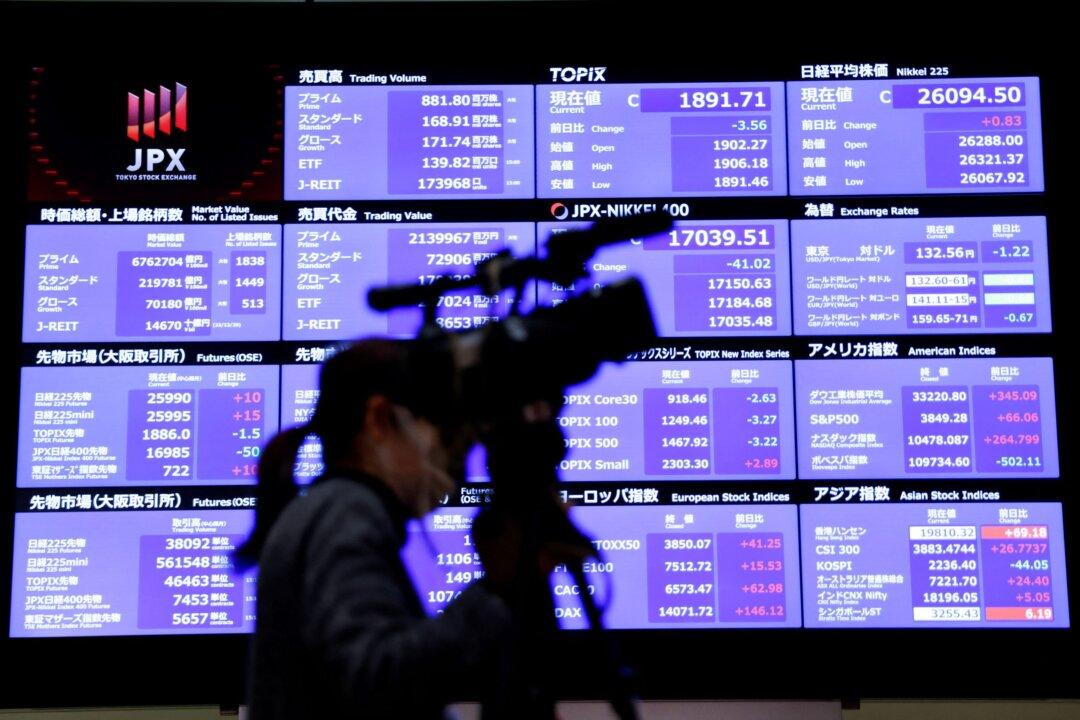Foreign spies are posing as diplomats or reporters to engage and influence journalists, says Australia’s domestic spy chief Mike Burgess.
In his wide-ranging Annual Threat Assessment speech, the head of the Australian Security Intelligence Organisation (ASIO) also revealed his agency recently disrupted a “hive of spies” implanted in society for many years.





